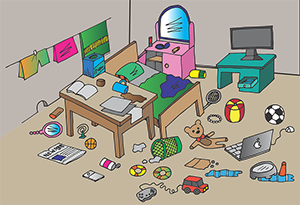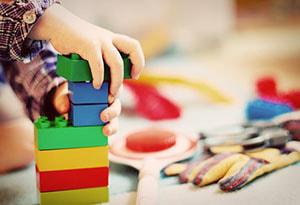
These are some of the things that my boys are loving about summer.
And even though it is still July, I am already dreading the transition to going back to school.
While the transition from the carefree days of summer break can be challenging for most children, it can be particularly tough for those with Attention Deficit Hyperactivity Disorder (ADHD). So, why is this shift from summer vacation back to the routine of school days difficult for children with ADHD?











 RSS Feed
RSS Feed
